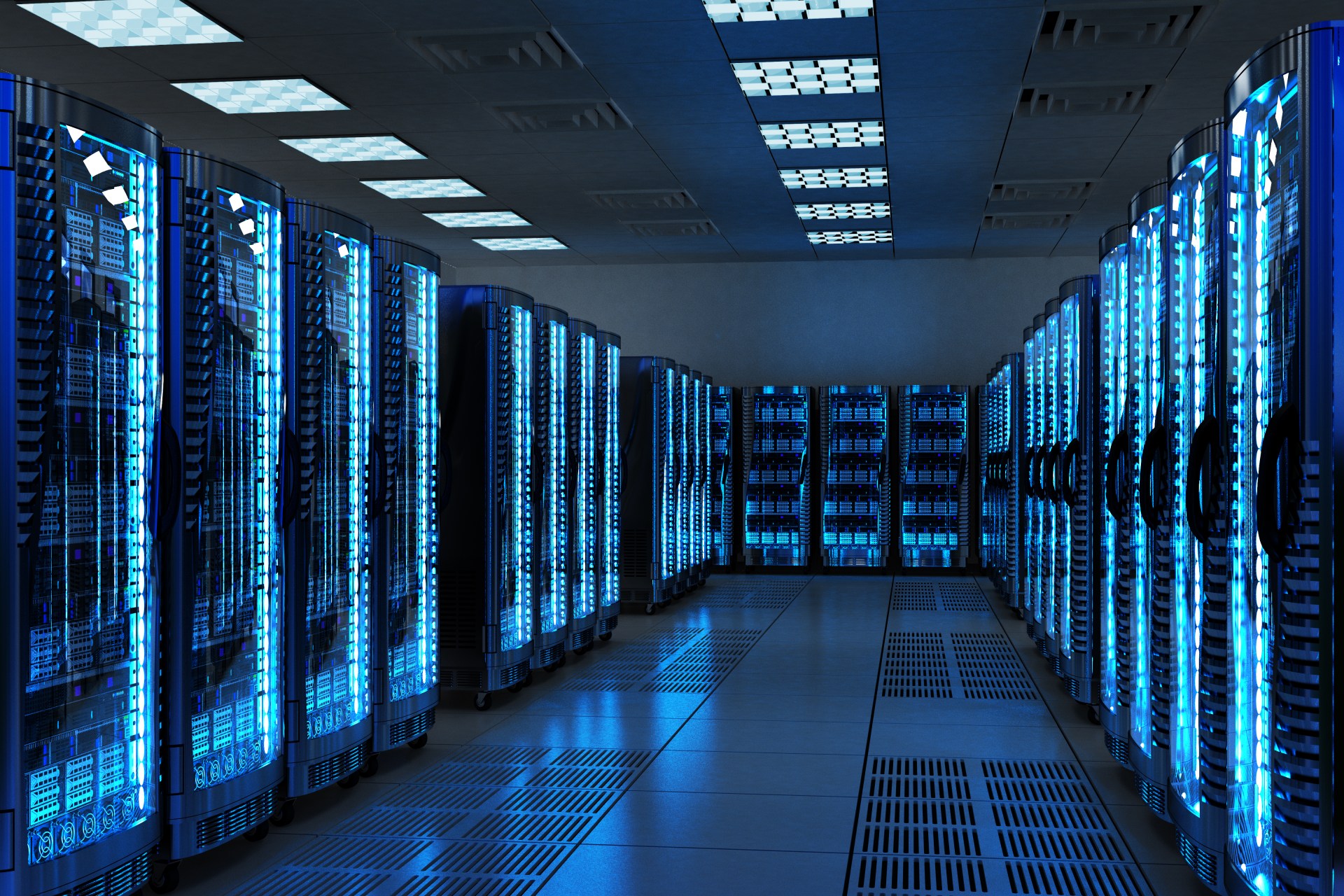Quantum computing is now a reality. For it to reach its full potential, however, data centers need to be able to create the specialist environment it needs. With that in mind, here is a quick guide to what you need to know about quantum computing and data centers.
Understanding quantum computing
Quantum computing operates on the principles of quantum mechanics, a branch of physics that describes the behavior of matter and energy at a fundamental level. Unlike classical mechanics, which governs the behavior of macroscopic objects, quantum mechanics deals with the behavior of particles at the atomic and subatomic levels.
One of the key principles of quantum mechanics is superposition, which states that particles can exist in multiple states simultaneously until observed. This phenomenon allows quantum computers to perform multiple calculations simultaneously, vastly increasing processing power.
Another fundamental quantum concept is entanglement, where the quantum states of two or more particles become correlated in such a way that the state of one particle instantly influences the state of the others, regardless of the distance between them. This property enables quantum computers to process information in a highly interconnected manner, leading to exponential increases in processing speed.
Quantum computing and data centers
Quantum computing and data centers are a natural partnership. In fact, for the present at least, it’s unlikely that quantum computing could be implemented outside of data centers (or similar research facilities). Implementing quantum computing does, however, require a significant update of data center infrastructure. Here are some of the key changes that need to be made.
Integration of quantum processing units (QPUs)
Quantum computing adoption will necessitate the integration of quantum processing units (QPUs) within data center infrastructure. QPUs are the core components of quantum computers responsible for executing quantum algorithms. These specialized units require precise environmental conditions, such as extremely low temperatures, to maintain the delicate quantum states of qubits. Data centers will need to allocate space and resources for housing QPUs and implementing the necessary cooling and control systems to support their operation.
Redefining cooling and energy management systems
Quantum computing generates substantial heat due to the intense computational processes involved. Data centers will need to adapt their cooling and energy management systems to handle the increased thermal load from quantum processing units. This may involve implementing advanced cooling technologies, such as cryogenic cooling or liquid immersion cooling, to maintain the ultra-low temperatures required for qubit stability. Additionally, energy-efficient strategies will be crucial to mitigate the heightened power consumption associated with quantum computing operations.
Adaptation of networking infrastructure
Quantum computing introduces unique networking requirements that differ from those of classical computing. Data centers will need to reconfigure their networking infrastructure to accommodate the specialized communication protocols and data transfer mechanisms utilized in quantum computing environments. This may involve optimizing network latency and bandwidth to support high-speed quantum data transmission between qubits and quantum processors. Additionally, secure communication channels will be essential to protect sensitive quantum information from interception or tampering.
Data storage and retrieval optimization
Quantum computing can significantly impact data storage and retrieval operations within data centers. Quantum algorithms may offer novel approaches to data compression, indexing, and retrieval that exploit the unique properties of quantum superposition and entanglement. Data center infrastructure will need to be adapted to accommodate quantum-inspired data storage architectures and retrieval mechanisms optimized for quantum computing environments. This may involve integrating quantum-enhanced storage devices, such as quantum memory or quantum hard drives, capable of storing and accessing data in quantum states efficiently.
Interoperability with classical computing systems
Data centers operating in hybrid computing environments will need to ensure seamless interoperability between quantum and classical computing systems. This involves developing interoperability standards and protocols to facilitate communication and data exchange between classical and quantum computing platforms. Data center infrastructure may need to incorporate specialized interfaces and middleware layers to enable integration with quantum hardware and software components. Additionally, data centers will need to address compatibility issues and develop hybrid computing frameworks that leverage the strengths of both classical and quantum computing paradigms for solving complex computational problems.
Quantum computing and data center security
Quantum computing has the potential to disrupt traditional encryption methods used to secure data in transit and at rest. As quantum computers can efficiently solve certain cryptographic problems, such as integer factorization and discrete logarithm, commonly used encryption algorithms may become vulnerable to quantum attacks.
Data centers will need to implement quantum-resistant cryptographic techniques, such as post-quantum cryptography, to safeguard sensitive information against emerging quantum threats. This may involve upgrading encryption protocols and deploying quantum-safe cryptographic algorithms that remain secure even in the presence of quantum adversaries.




